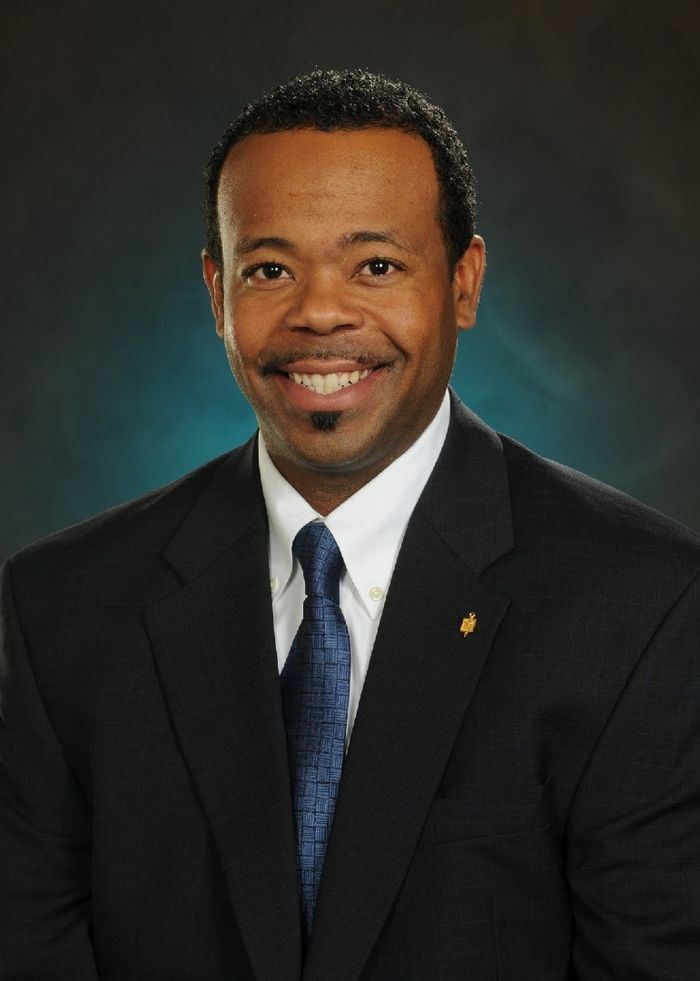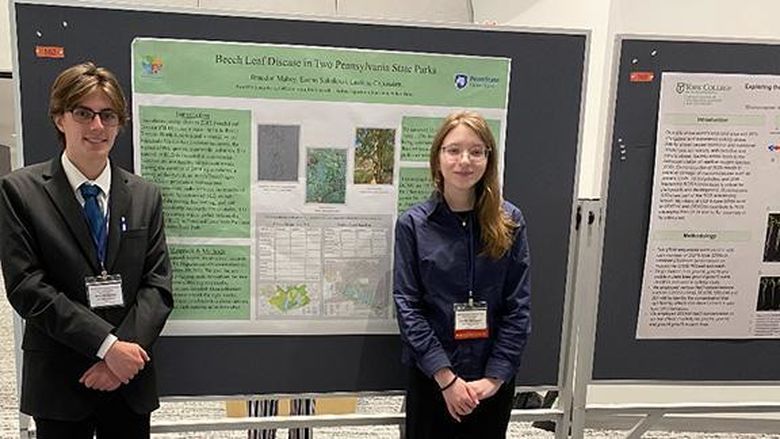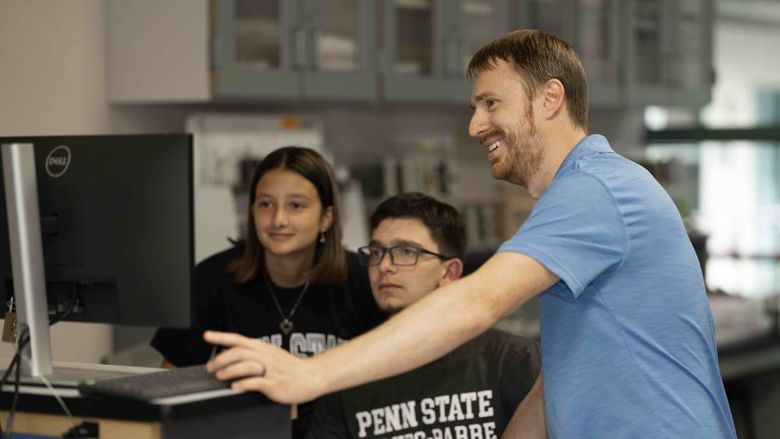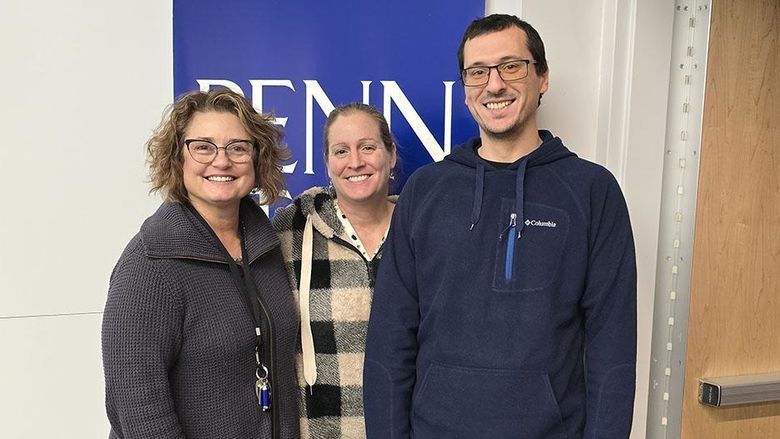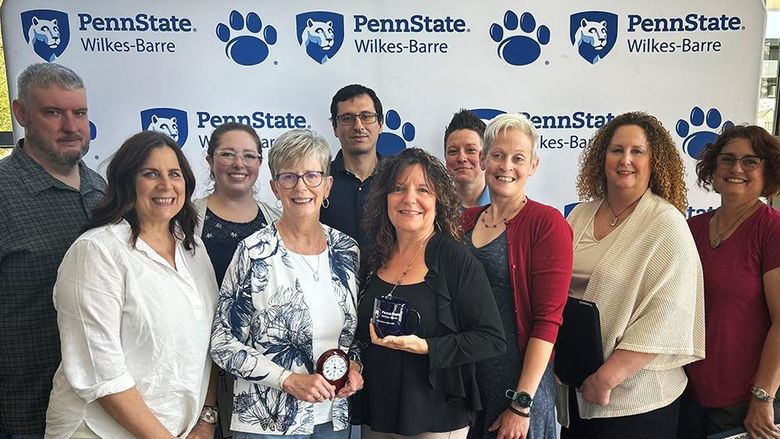LEHMAN, Pa. — Supply chain and project management are often individual programs and courses of study, but to Justin Goldston, new faculty member and project and supply chain management (PSCM) program coordinator at Penn State Wilkes-Barre, they can’t be separated.
That’s why in his teaching, Goldston links the two while explaining their connection and importance to each other.
“I tell my students I’m different since I come from the supply chain industry. My approach is to bring the practical applications of supply chain management to the theory,” Goldston said.
At Penn State Wilkes-Barre, he will teach project management, project portfolio management, logistics and supply chain management, which “traditionally have been separate at most institutions,” he said.
Penn State Wilkes-Barre’s PSCM program began two years ago and continues through a collaboration among campuses that helps build the program. Program coordinators from Penn State campuses that offer the program meet bimonthly as a group to discuss their programs and share stories of success and opportunities to improve.
Goldston said the nature of the program at Penn State Wilkes-Barre was part of the campus’ appeal to him, along with the small campus setting and leadership team.
“Usually project and supply chain management are different majors,” Goldston said. “The beauty of the program at Penn State Wilkes-Barre is the interdisciplinary nature of the program. It’s very important to blend those two in every course.”
Goldston pointed to the pandemic as an example of how the two industries are linked and have an effect on consumers throughout the world.
“We had problems finding things like toilet paper and hand sanitizer. Supply chain networks were brought to their knees. We’re going to see an increase in organizations having contingency plans that need project managers,” he said.
“Supply chain and project management are all around us, in every single organization in the world,” Goldston said. “In order for an organization to reach operational excellence from a supply chain perspective, it needs effective project management.”
Goldston said he wants to focus on building strong future leaders who are tuned into industry needs. He plans to invite industry leaders to speak to his classes and also hopes to leverage partnerships with local industries to help students secure internships where they can gain valuable real-world experience and knowledge.
Goldston sees the transition to online education this spring and blended learning as beneficial for today’s PSCM students, teaching them lessons that will be valuable for their education and career.
“As organizations continue to move to remote and continue to be global, that will be important for employees,” he said. “Within a few years, across all organizations and industries, much of the workforce will be remote. This online education is developing those skills for students, teaching them the virtual skills of working with individuals around the country and the world. That’s a silver lining in this pandemic: You learn how to collaborate digitally. And that is here to stay. Students are going to have instances in their careers where they have to communicate with virtual teams.”
Goldston holds a doctorate in management leadership and organizational change, a master’s degree in philosophy, management leadership and organization change, and a master’s degree in professional studies, supply chain management, all from Walden University. He has taught at institutions including Davenport University, North Carolina Wesleyan College, the Jack Welch Management Institute, Southern New Hampshire University and Aurora University.
